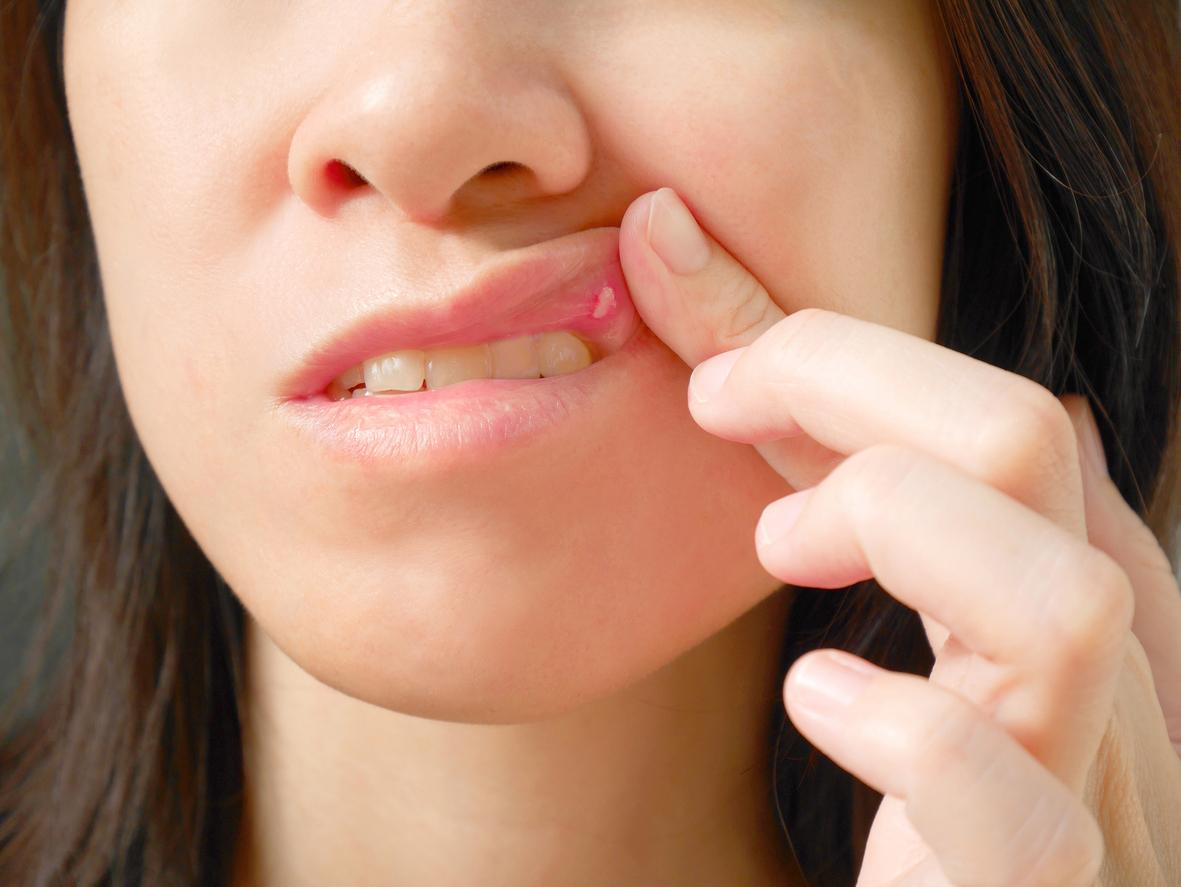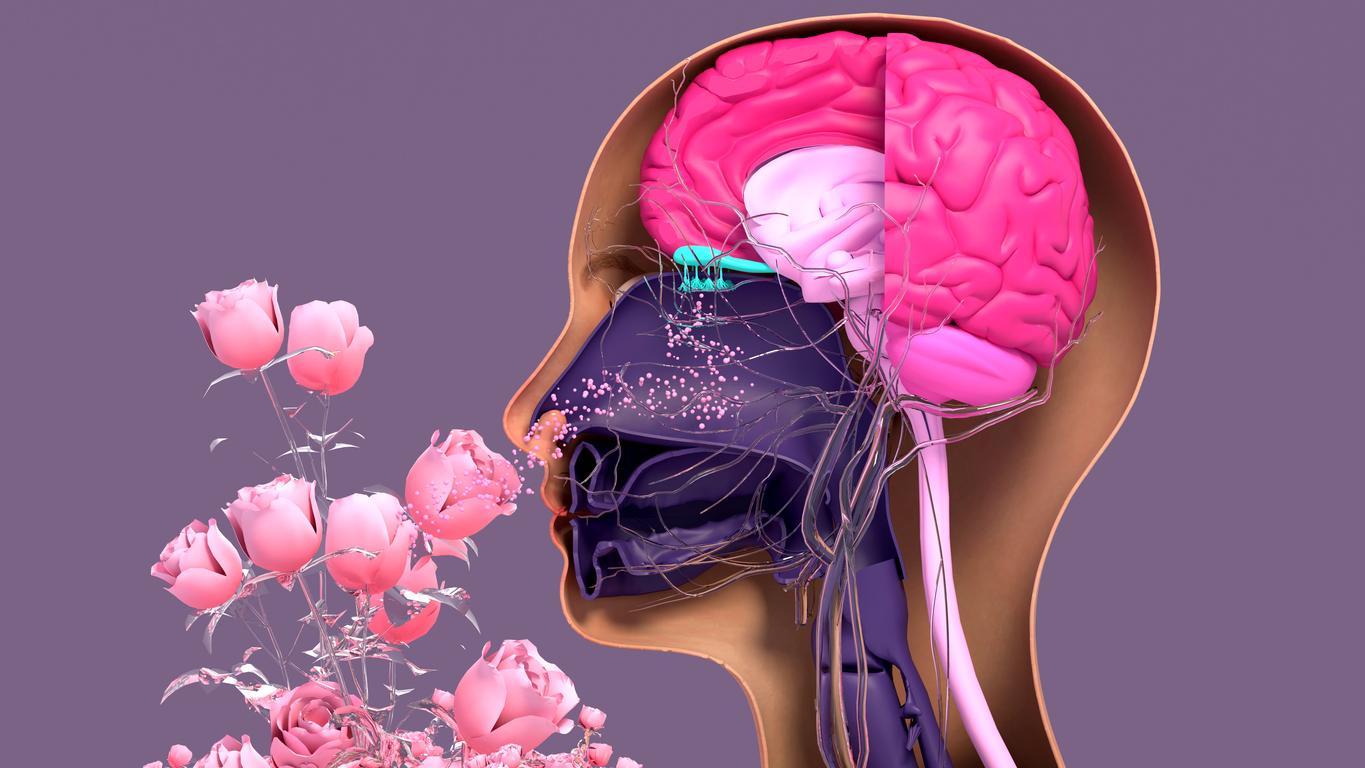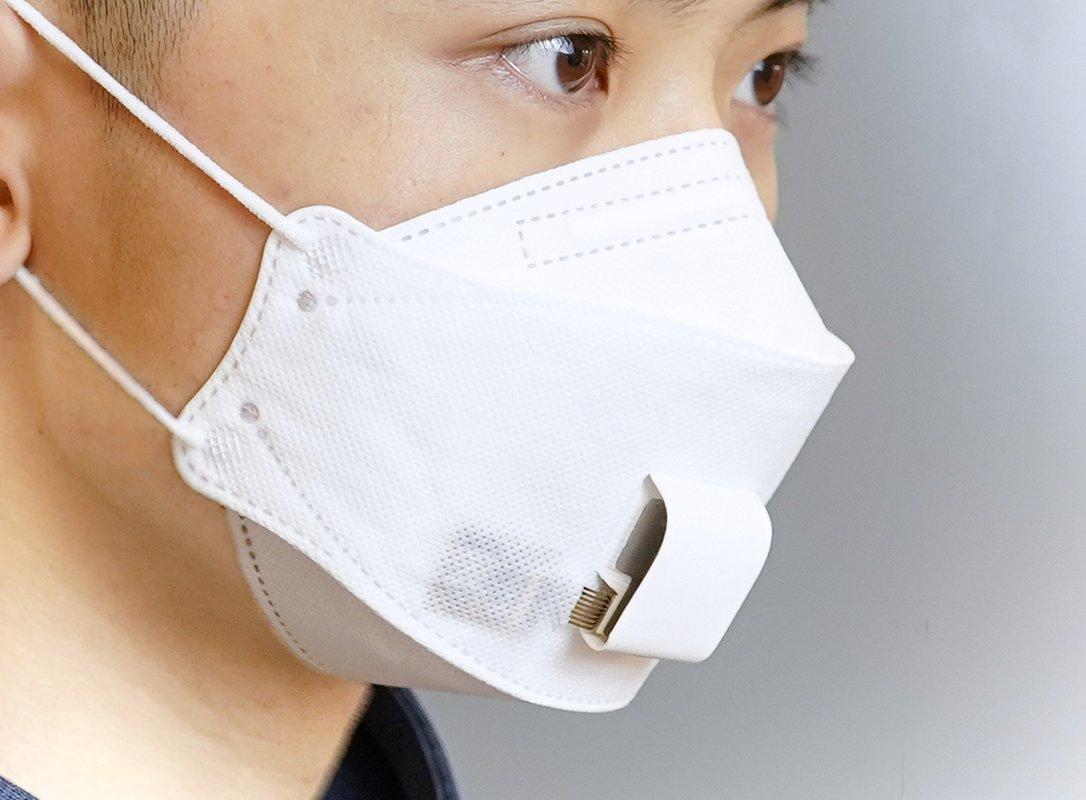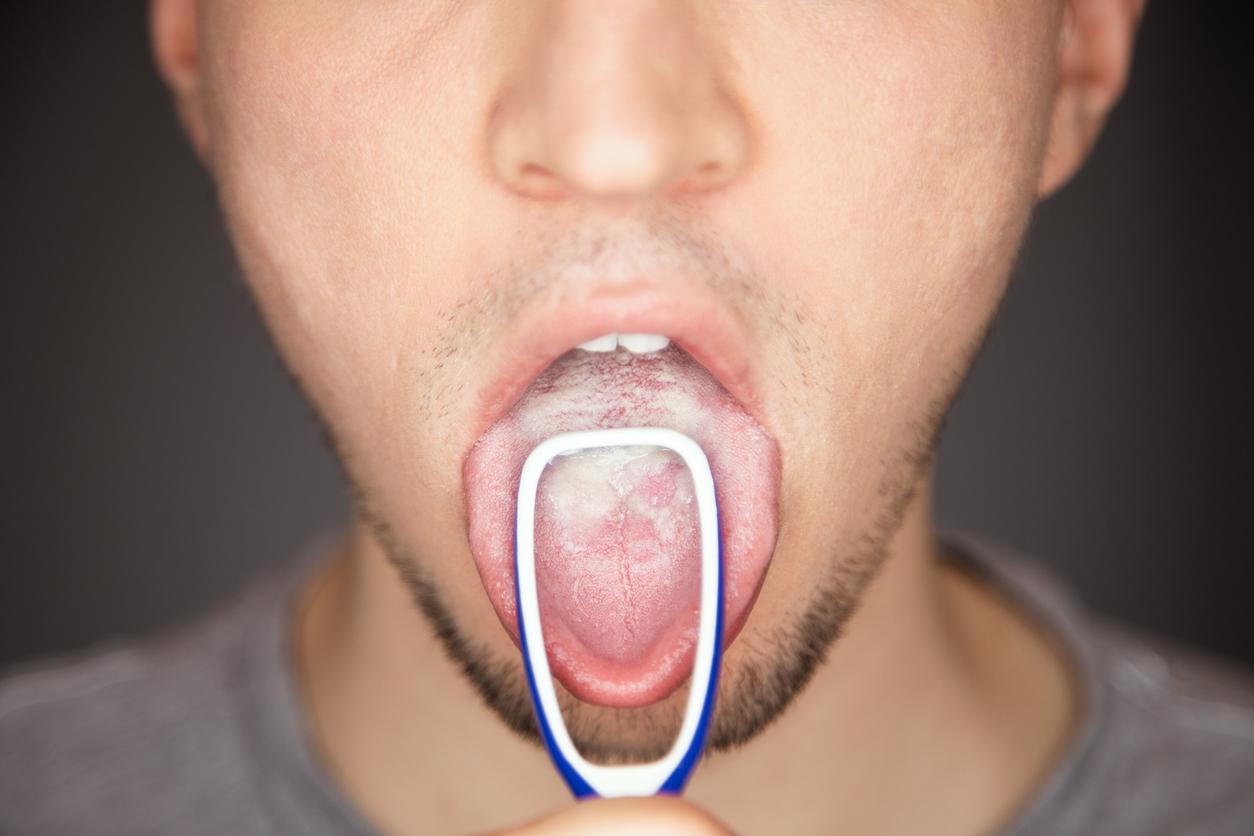Also called halitosis, bad breath is sometimes a real burden. A recent Chinese study observed that certain foods could significantly reduce this unpleasant mouth odor.
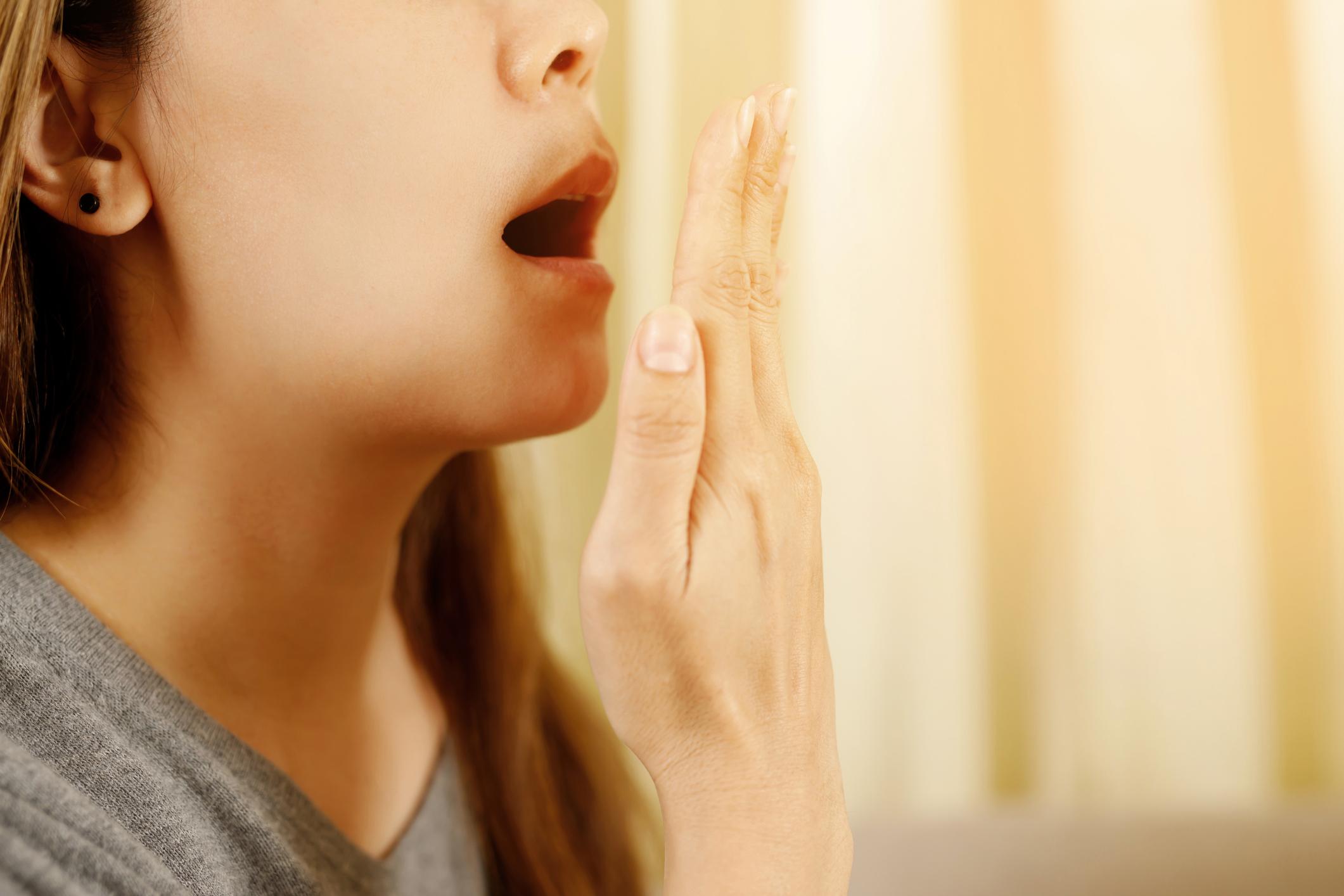
- Halitosis is the medical name for bad breath.
- Different causes can cause bad breath: dry mouth, diet, poor oral hygiene, etc.
Bad breath or halitosis is mainly due to the presence of volatile sulfur compounds in the oral cavity. These molecules are produced by anaerobic bacteria in the mouth during the decomposition of food debris. Poor gum and tooth hygiene is usually associated with an unpleasant mouth odor.
Probiotics, the solution to fight against bad breath?
Chewing gums, frequent scaling of teeth, mouthwashes… Different methods can be considered to overcome bad breath. Chinese scientists have recently suggested that the probiotic bacteria contained in fermented foods such as yogurt, sourdough bread or miso soup, could be alternatives to permanently suppress halitosis.
To reach this conclusion, the researchers looked at different clinical trials published up to February 2021. In total, the cases of 278 people between the ages of 19 and 70 were included in the study published in the British Medical Journal.
Various criteria have been studied in clinical trials, including:
- the severity of bad breath defined by the levels of volatile sulfur compounds detected in the mouth ;
- the OLP score which measures breath odor at different distances from the mouth;
- tongue coating scores;
- dental plaque index.
Halitosis: probiotics reduce volatile sulfur compounds
According to the results, OLP scores and levels of volatile sulfur compounds decreased markedly in people who received probiotic supplements. However, no significant difference was identified for plaque index or tongue coating score.
In the eyes of the study authors, probiotics could inhibit the breakdown of amino acids and proteins by bacteria present in the mouth. A phenomenon that would therefore reduce the production of food waste responsible for bad breath.
However, the researchers have reservations about the results of their study. They recalled that the sample sizes of the included clinical trials were very small and some data were incomplete. “Further high-quality randomized clinical trials are needed to verify the results and provide evidence for the effectiveness of probiotics in the management of halitosis”the scientists said.




